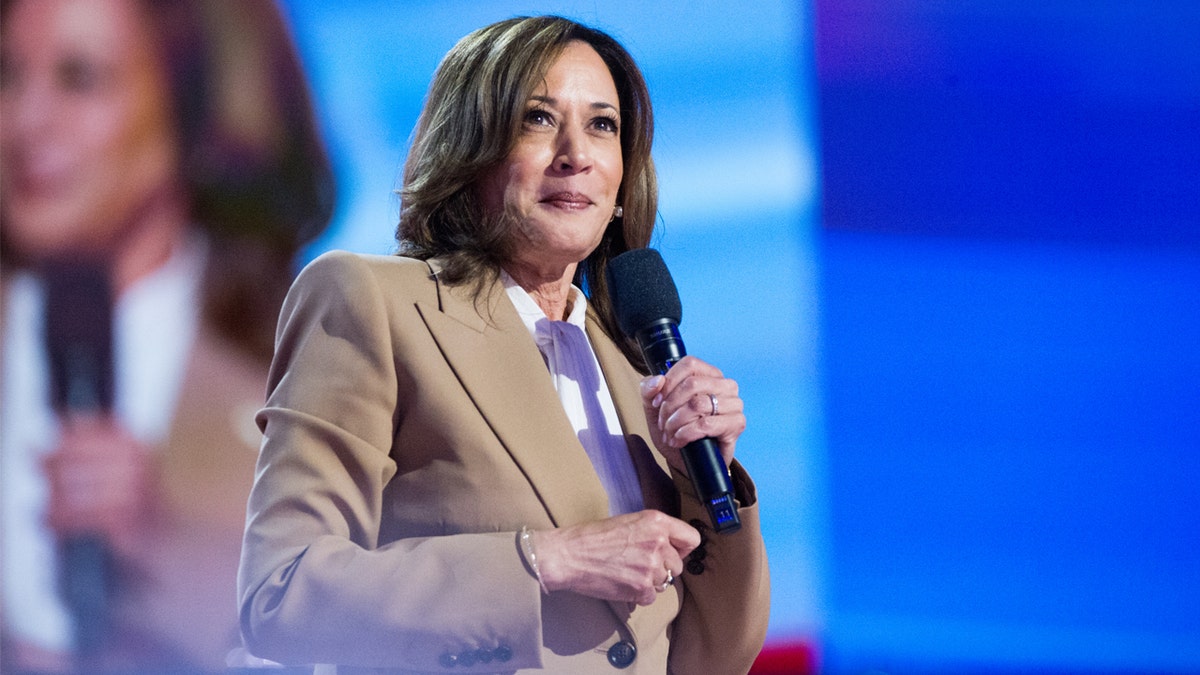The rebranding of Kamala Harris. How 5 strategic shifts are changing the presidential election once again
With the Republican Party and Donald Trump focusing on personal freedom, Kamala Harris successfully reclaimed the narrative in August by emphasizing individual freedoms.

Vice president and Democratic presidential nominee Kamala Harris faced the formidable challenge of reintroducing herself to the American public in August. With her approval rating hovering around 35%, it was crucial for her to redefine not only her image but also the vision she represents for the future. In just over a month, she has reshaped her entire campaign narrative and established a strong connection with voters.
To do this, her campaign implemented five strategic shifts in her language and messaging, effectively transforming her public persona.
While many may recognize me primarily as a pollster and researcher, my expertise extends beyond these roles. I am a messaging strategist focused not only on what candidates articulate but also on what resonates with the electorate. I examine how language fuels behavior change, often determining the outcomes of elections, whether candidates win or lose. This emphasis on language and messaging has informed my predictions in past elections—from Trump's victory in 2016 to Biden's triumph in 2020. As we look ahead to the 2024 race, I am beginning to observe significant shifts that could once again shape the electoral landscape.
HARRIS GAINS ON TRUMP ON ECONOMY AND CRIME, POLL FINDS
Here’s a look at the strategic thinking behind those stategic shifts by Vice President Harris and their collective impact.
Previous messaging from the Biden team and Democrats often painted a grim picture of a potential second Donald Trump presidency, instilling fear among voters. However, Harris embraced a more optimistic approach, encouraging a transition from a mindset of fear to one rooted in "hope and joy." This shift not only served to uplift but also positioned her as a forward-thinking leader. Notable examples include:
The concept of democracy can often feel abstract and even tiresome, as seen in earlier messaging. With the Republican Party focusing on personal freedom, Harris successfully reclaimed the narrative by emphasizing individual freedoms—such as the right to vote, choose one's partner, and access reproductive health care.
This shift allowed her to resonate more personally with voters. Key examples of this narrative include:
For years, the Republican narrative has centered around a singular figure, Donald Trump, emphasizing individual leadership. In response, Harris strategically pivoted to a message centered on "we," underscoring the importance of collective action in overcoming challenges. This inclusive language aimed to build a broader coalition and foster unity among supporters. Examples of this messaging include:
Harris recognized a sense of complacency among her supporters and aimed to instill a greater sense of urgency. The messaging evolved from "We can win because we’ve done it before" to "Let’s make sure we don’t lose like we did before."
Framing the election as a "fight for your lives," she emphasized the importance of active participation and that every vote counts. This urgency was captured in statements such as:
For the past eight years, former President Donald Trump has been portrayed as a grave threat to democracy, often likened to a villain or even Hitler. However, Kamala Harris and Tim Walz have strategically reframed their attacks, choosing to downsize Trump’s image rather than magnifying it. By labeling him as "unserious" and "weird," they shift the narrative, making him appear less formidable.
CLICK HERE FOR MORE FOX NEWS OPINION
At the same time, they do not shy away from articulating the significant consequences of a second Trump presidency. Their messaging conveys that while he may be a small man, the impact of his leadership could be profoundly large and detrimental. This approach effectively diminishes his threat level while emphasizing the seriousness of the stakes involved.
Like her or not, agree with her or not, through these strategic shifts, Kamala Harris successfully rebranded herself as a new leader for a new day.
Her ability to adapt messaging to resonate with voters has reinvigorated her campaign and positioned her as a formidable candidate in the political landscape.



